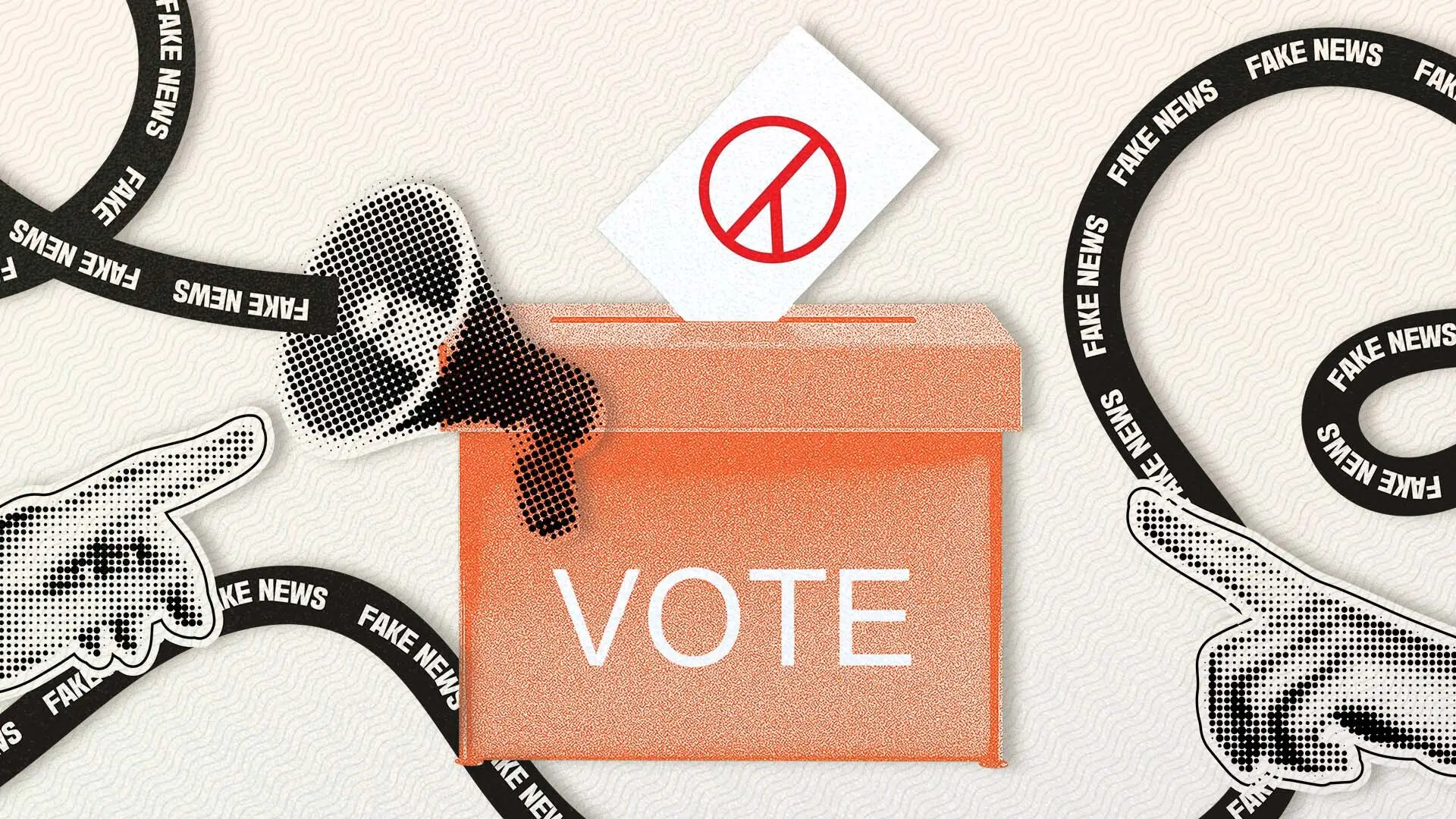Updated Apr. 11, 2024 6:38PM GMT+9
As election day draws near in South Korea, there has been a noticeable increase in the spread of fake news related to the elections.
The Korean National Police Agency (KNPA) has recently announced that, as of March 26, they have apprehended 895 individuals suspected of attempting to influence the upcoming elections. Notably, 436 of these suspects were found to be disseminating false information, representing 48.7% of the total number accused.
Furthermore, the Korean Prosecution Service (KPS) disclosed in a January press release that they have charged 113 election-related cases. These include incidents where false information was distributed to journalists through email.
On January 24, the National Election Commission announced an amendment to the Public Official Election Act aimed at curbing the dissemination of deepfake videos related to elections. According to the new legislation, the creation and distribution of deepfake content concerning election campaigns is specifically banned within the 90 days leading up to an election.
Additionally, from late January to April 2nd, the National Election Commission (NEC) detected 327 individuals for uploading deepfakes and violating election regulations. In response to the rising issue of fake news and deepfakes related to elections, South Korean tech giants Naver and KakaoTalk have launched dedicated pages featuring the NEC report, allowing users to report such instances.
On November 23 of last year, a fabricated video featuring South Korean President Yoon Seok-yeol circulated across social media platforms. This video misrepresented the context of the president’s remarks, leading to widespread misunderstanding. Social media platforms later took down the video.
A month after the incident, in December of last year, the police began a crackdown on election-related offenses. For the three months leading up to March 26, the focus of their investigations was on the spread of false information across social networking services.
- Related articles: South Korean police launch investigation into fabricated video of President Yoon Suk-yeol
- Related articles: South Korea braces for cyberattack from North Korea, China, referring to ‘super-election year’
- Related articles: Google restricts political ads and AI answers on South Korean elections


